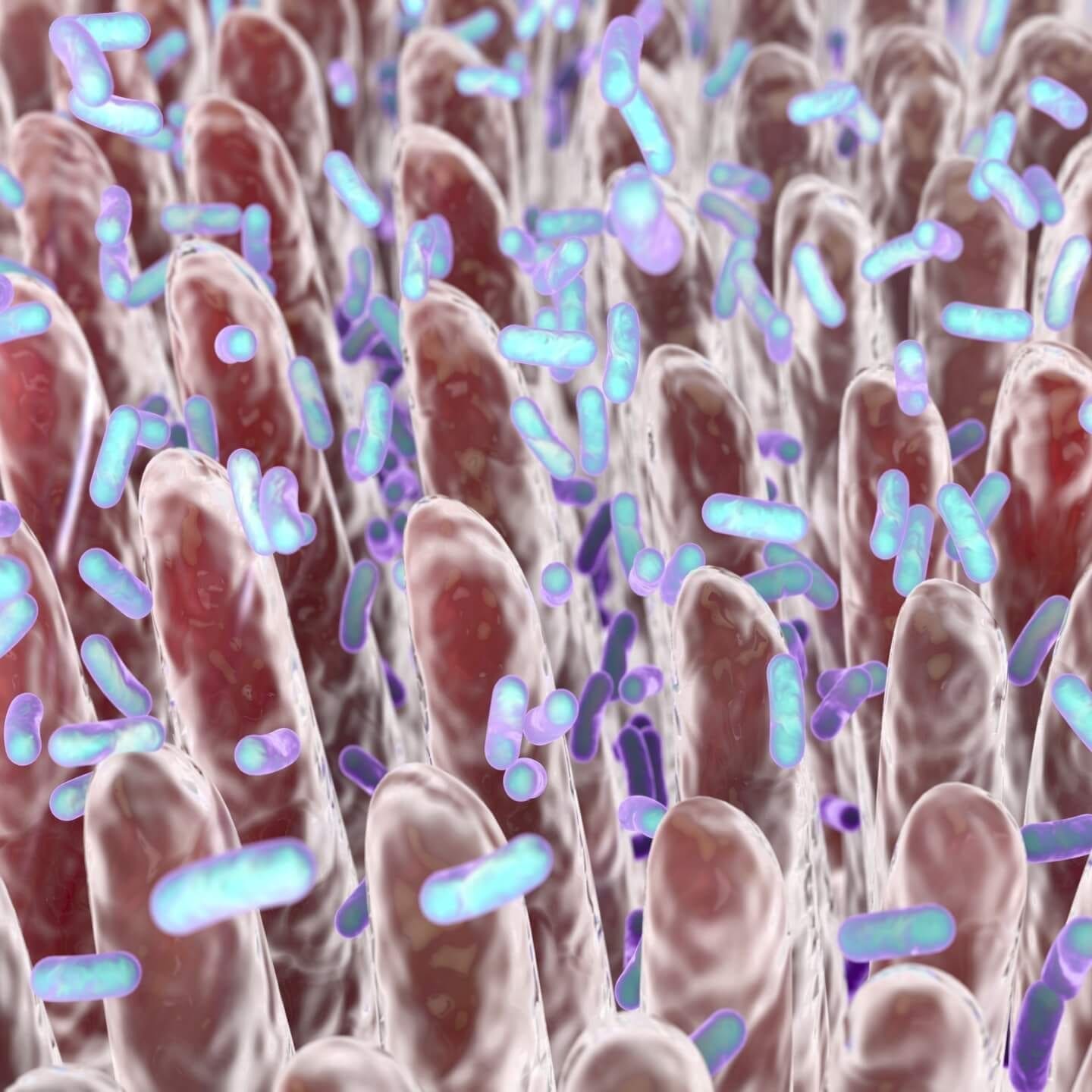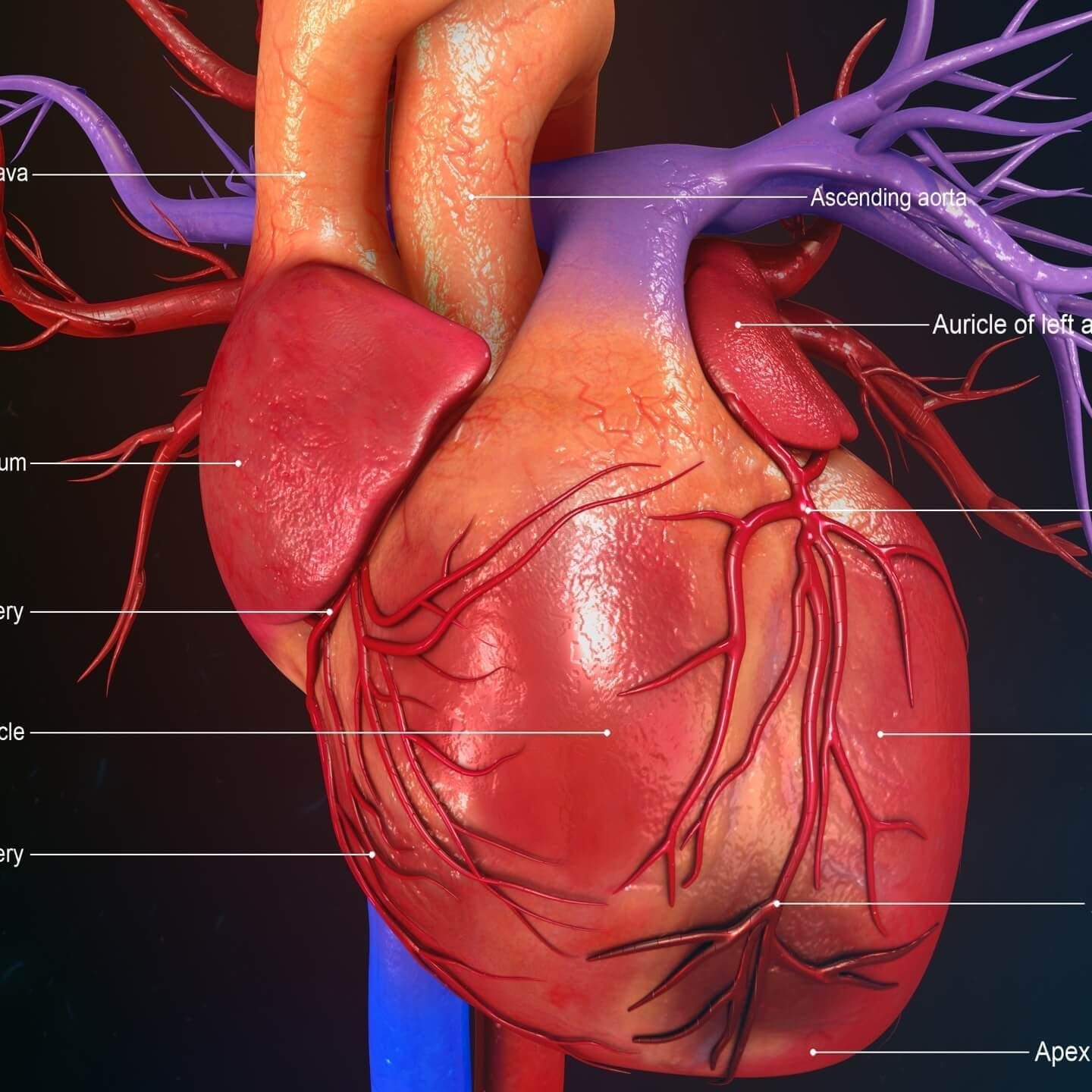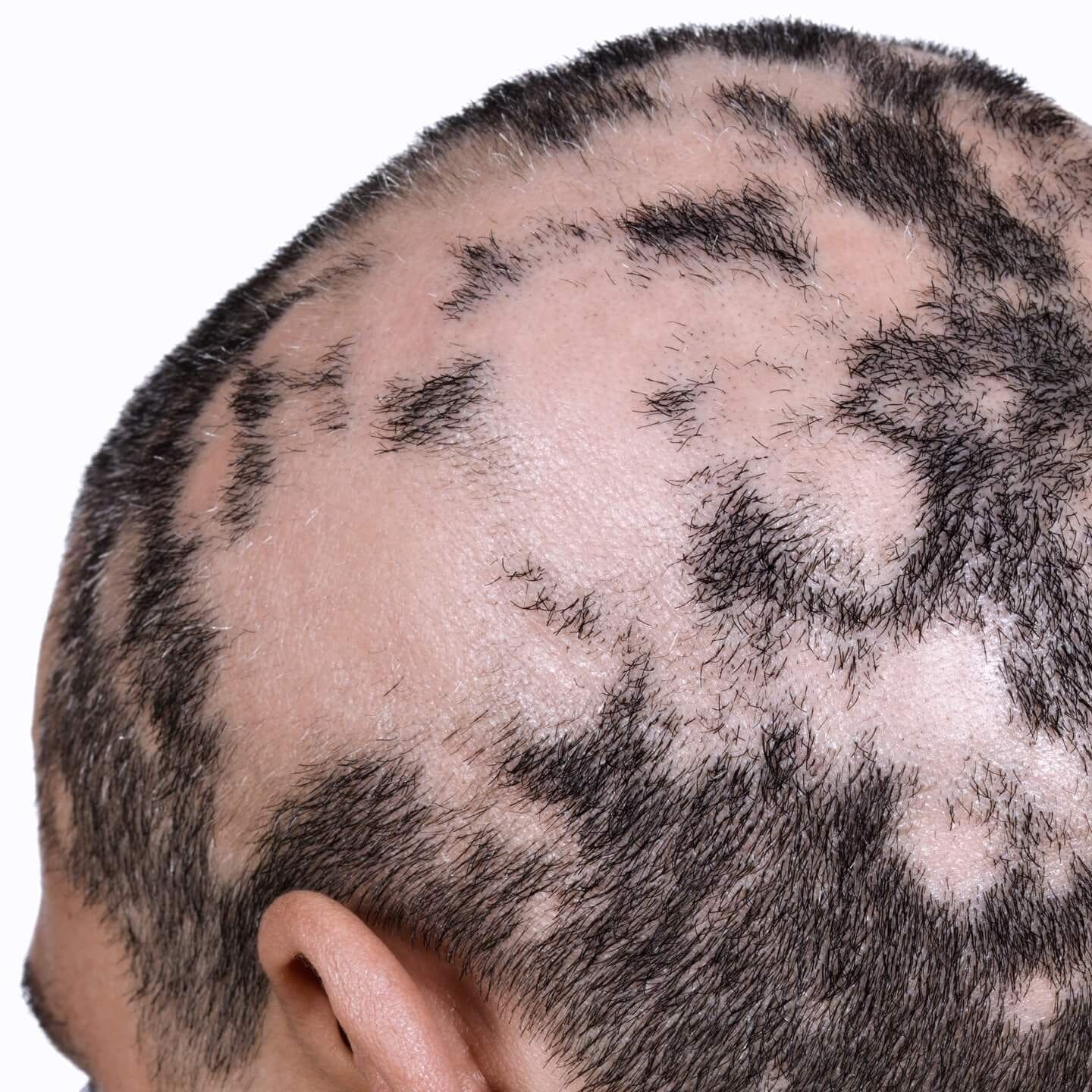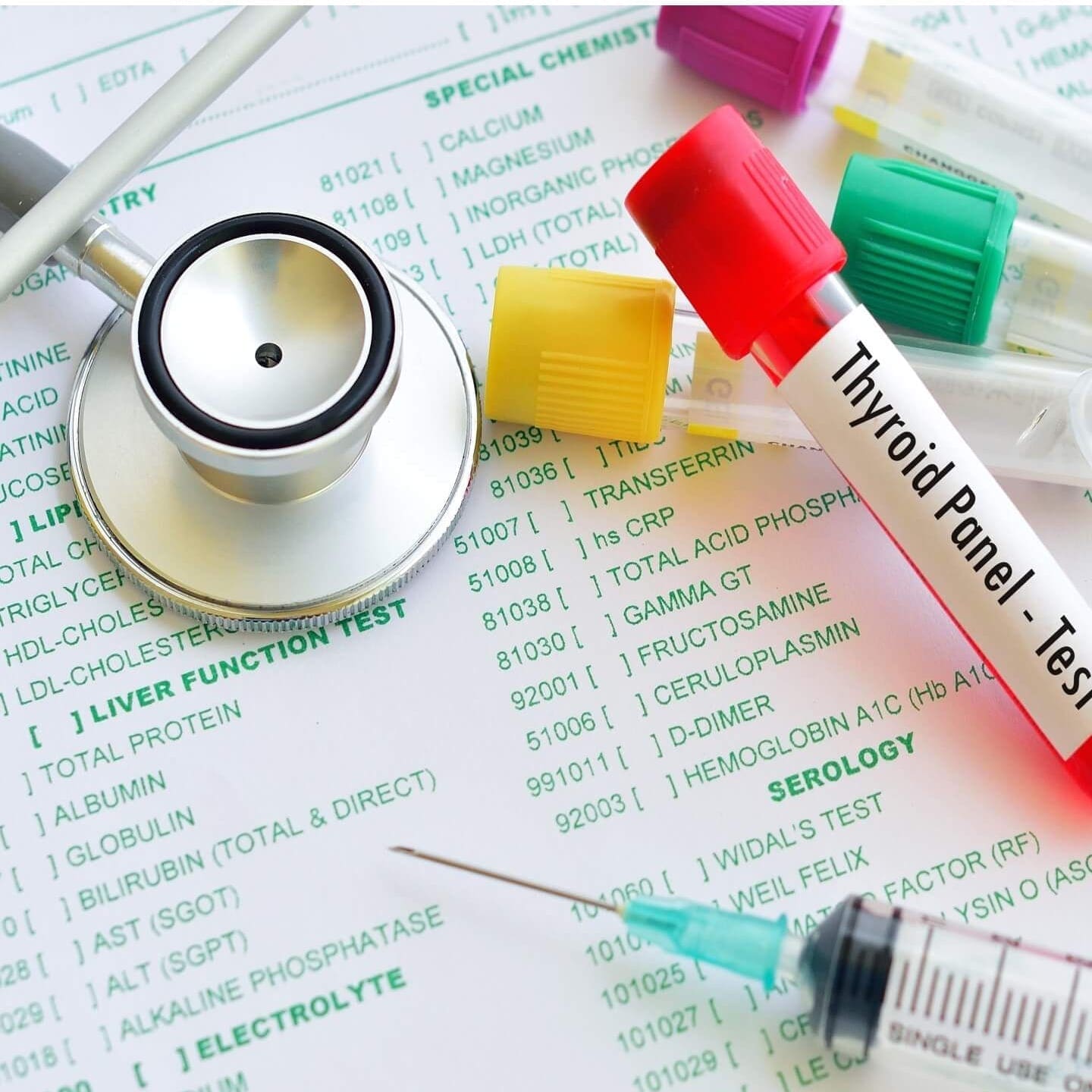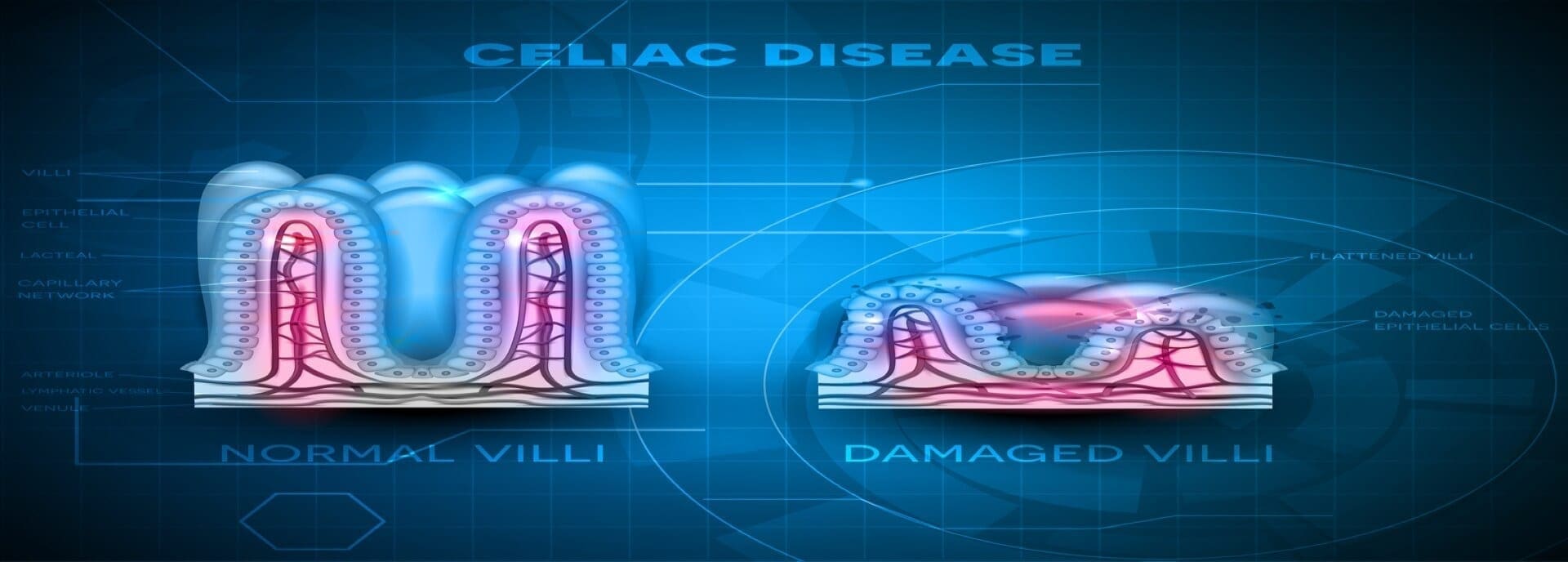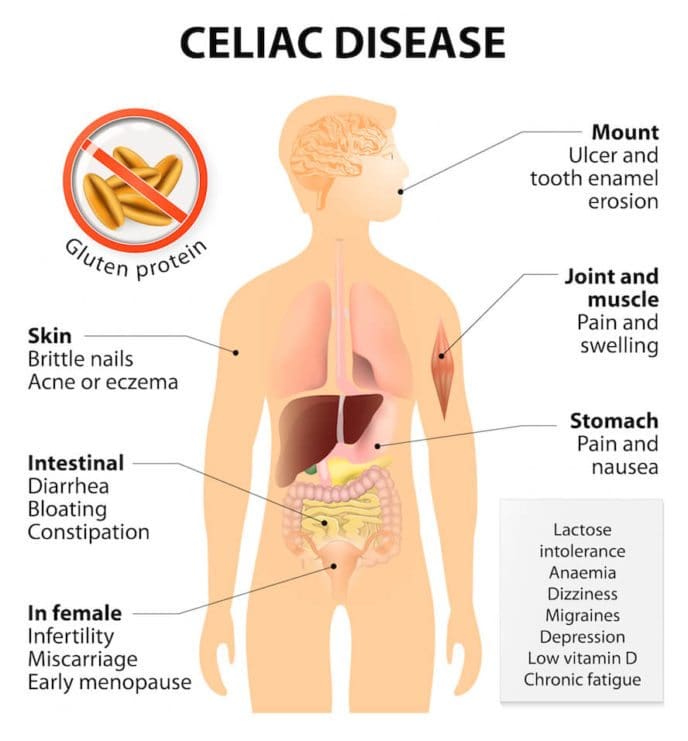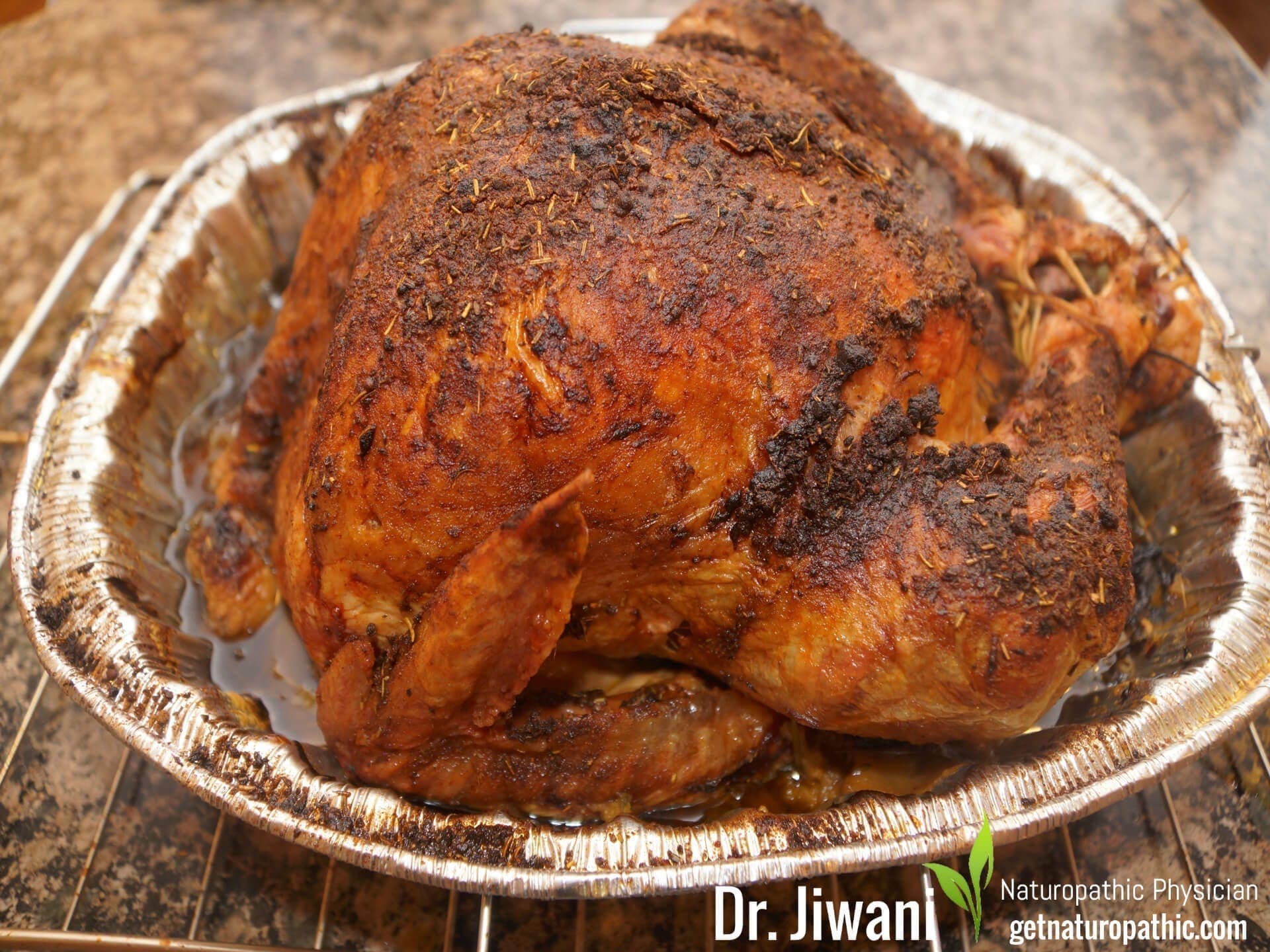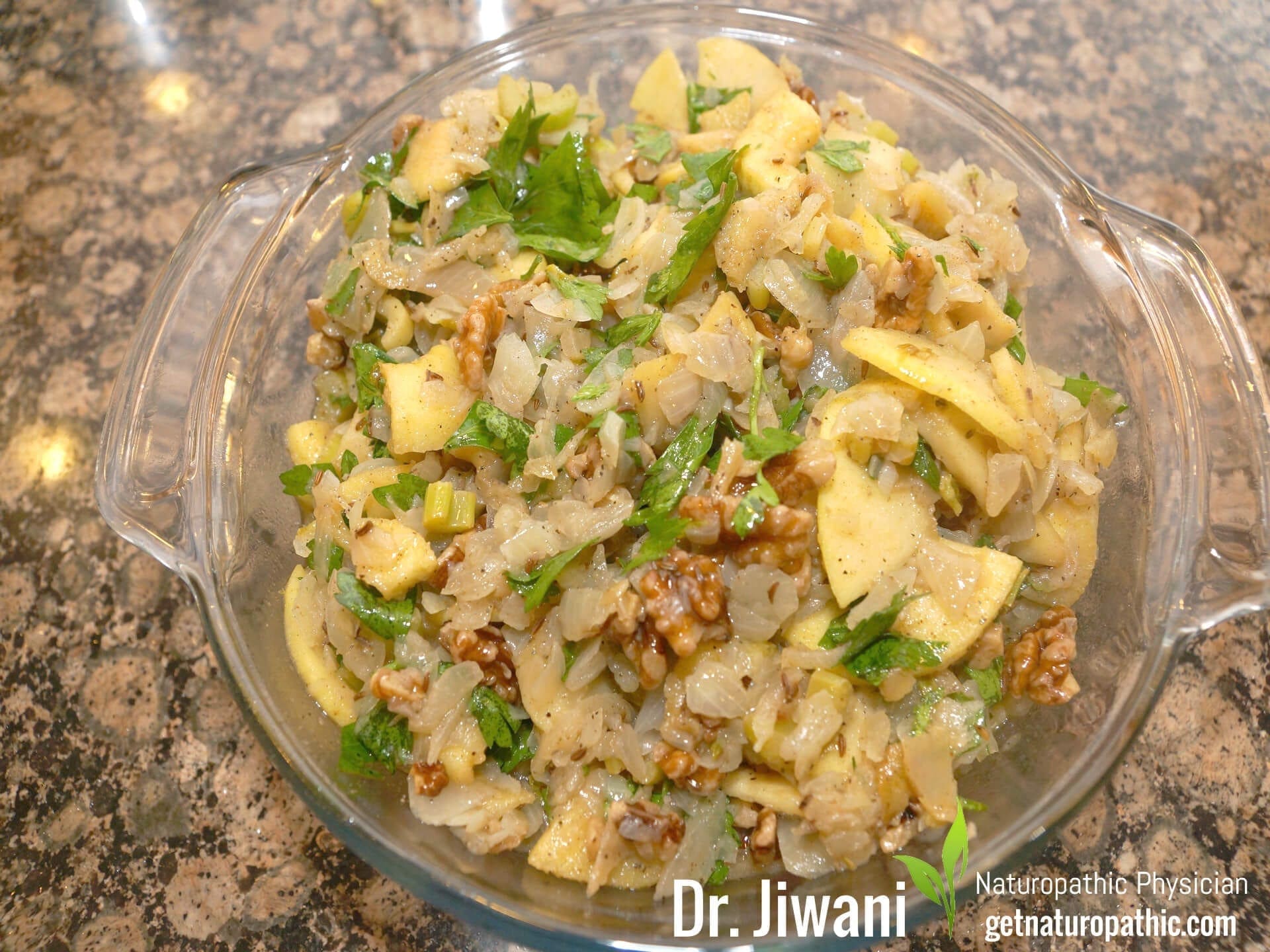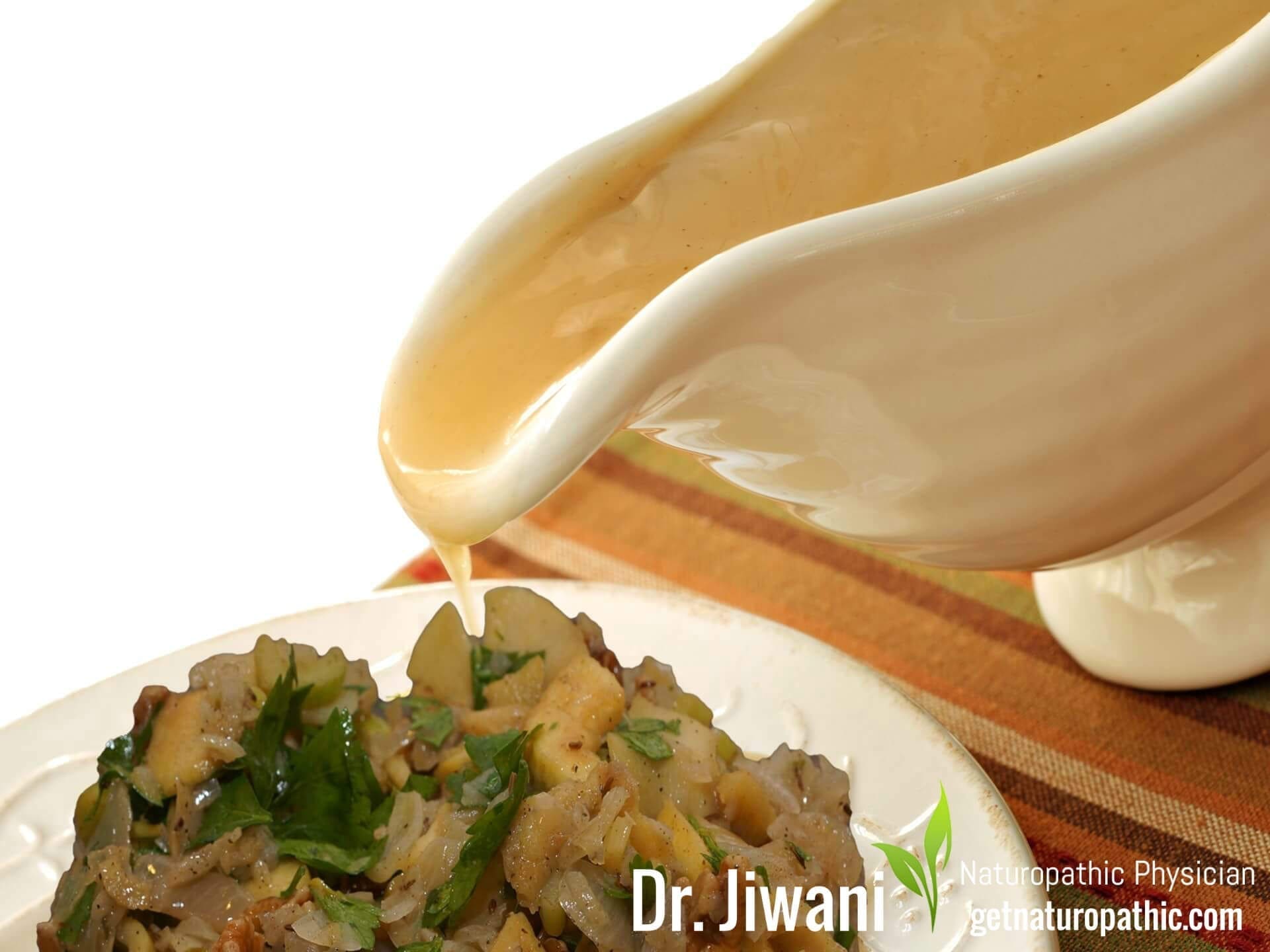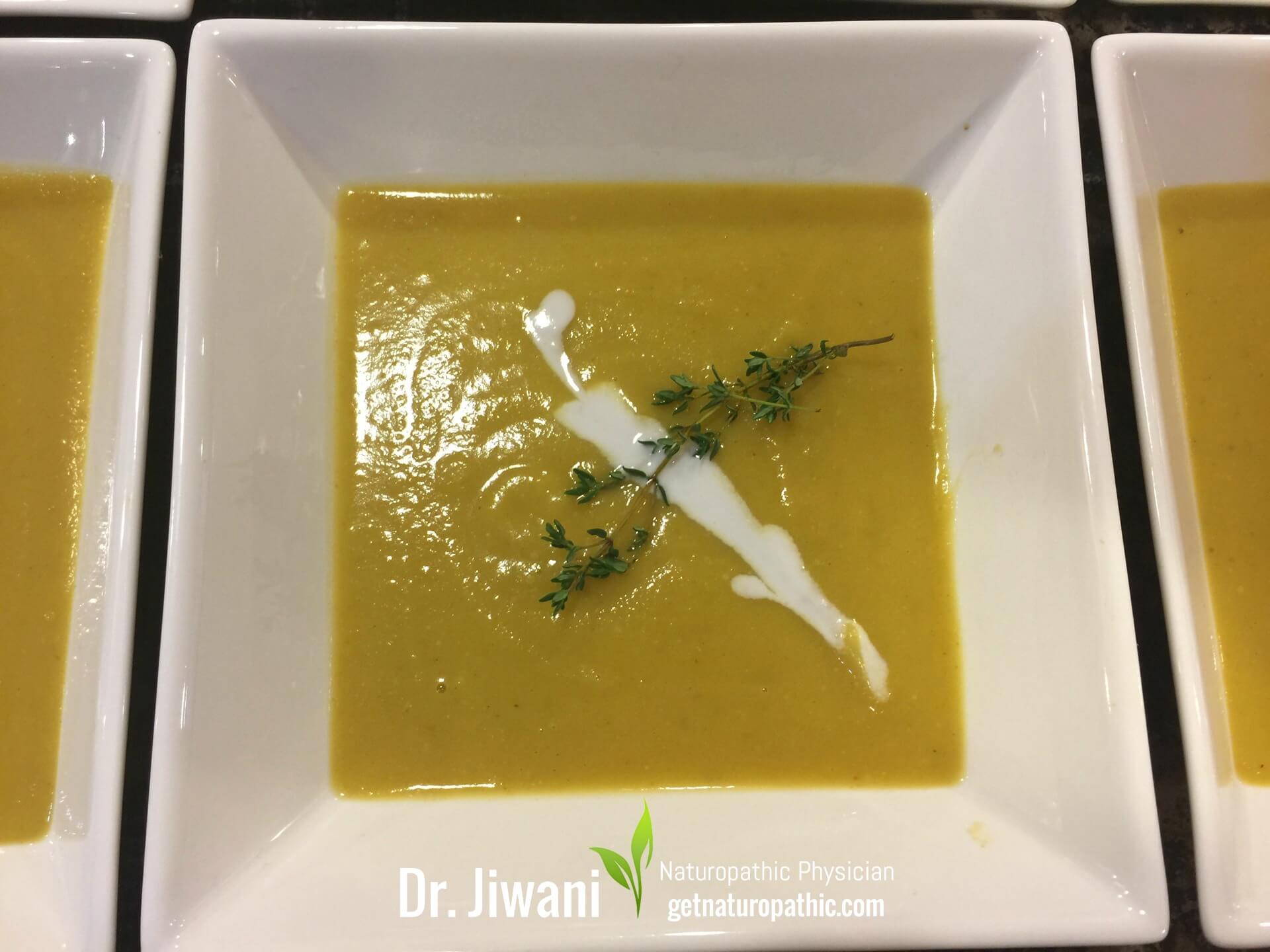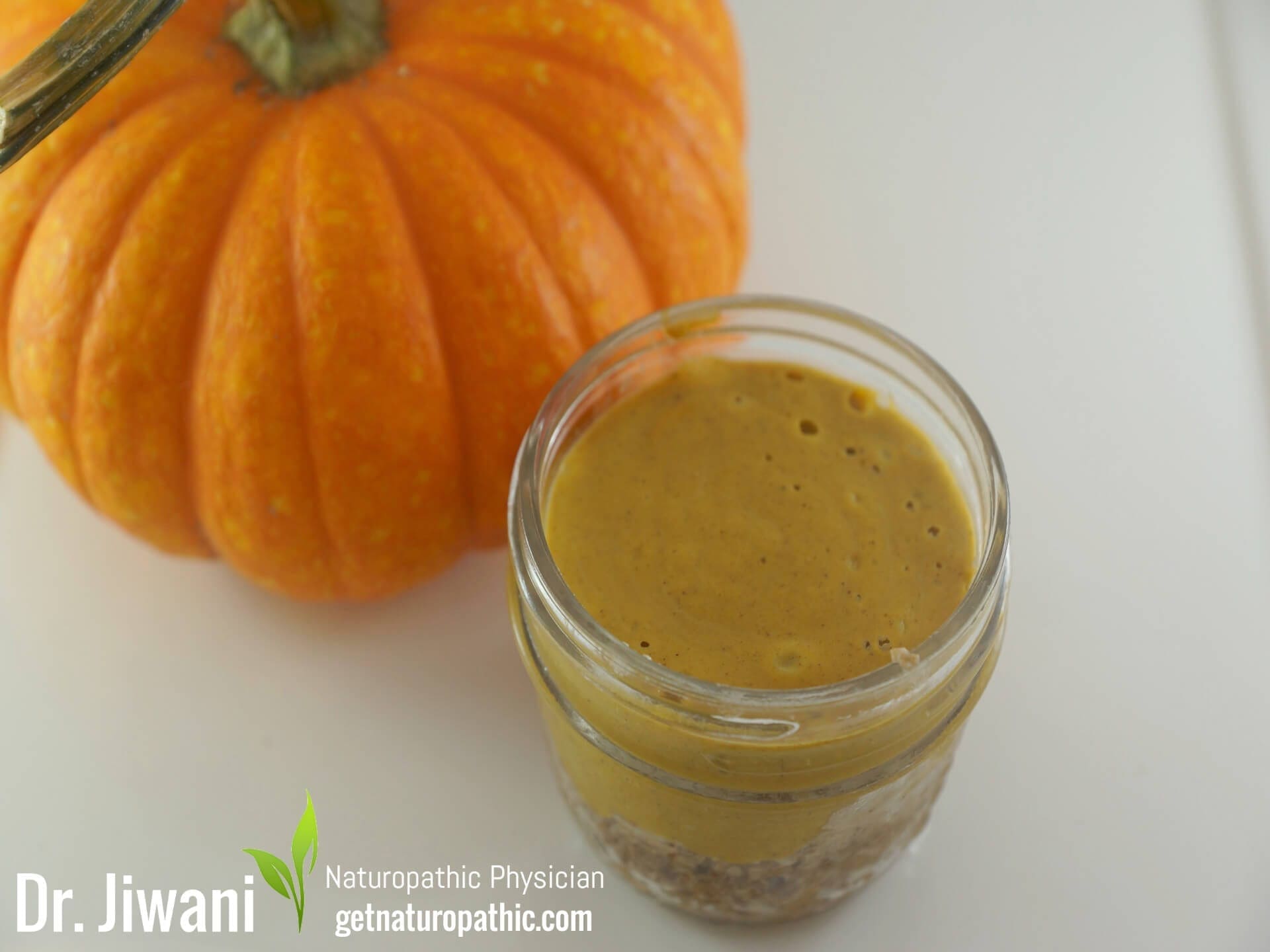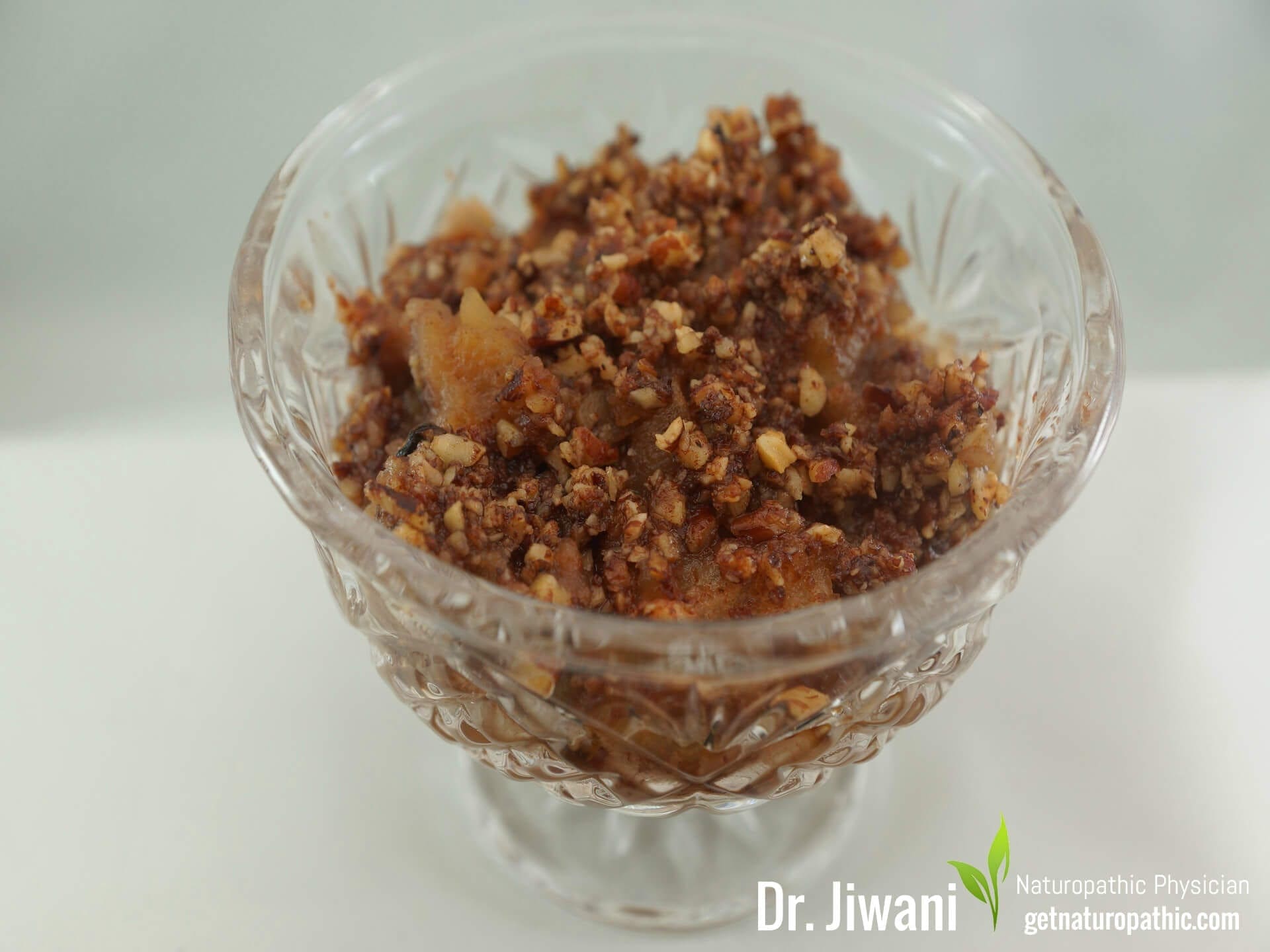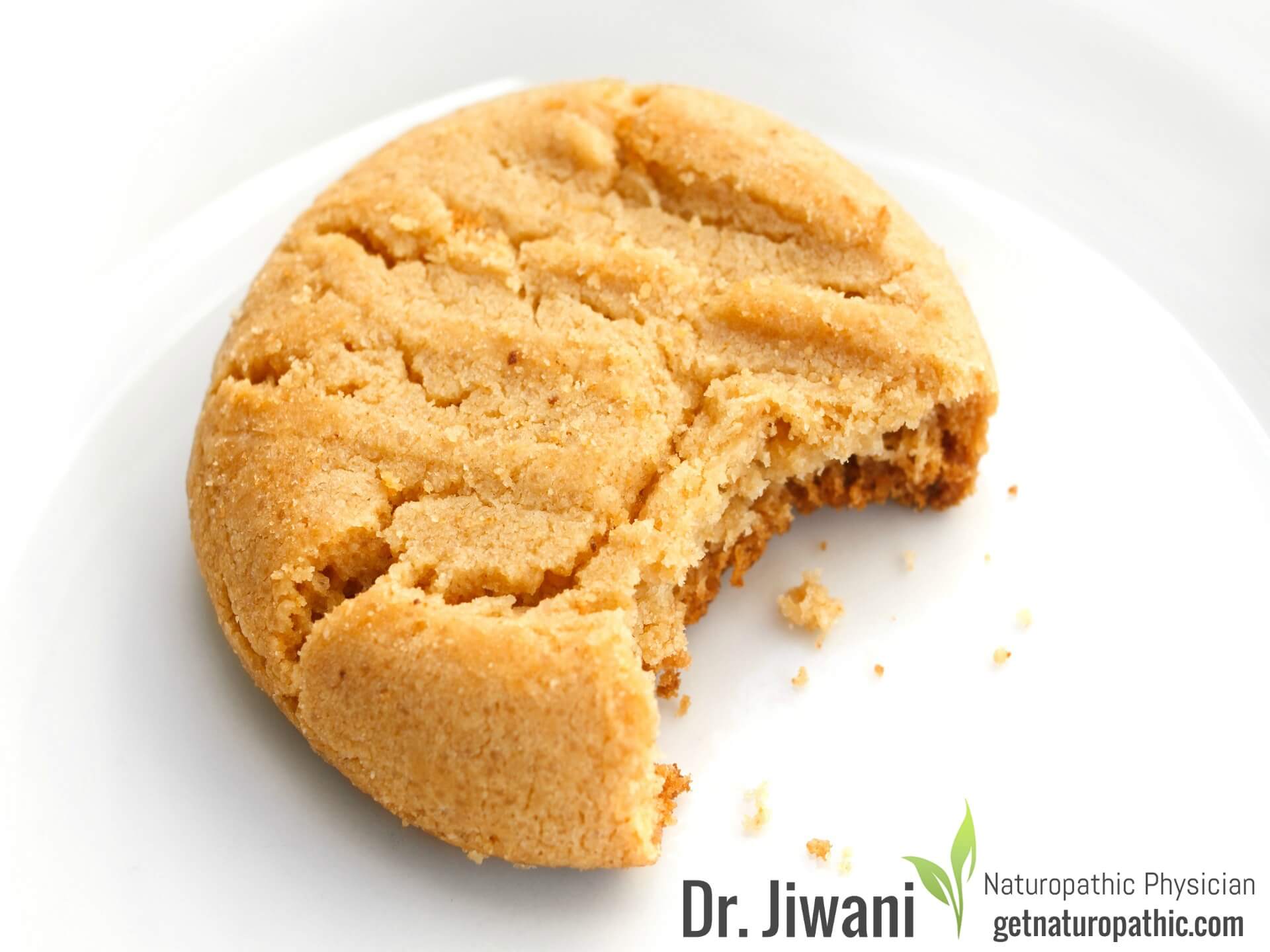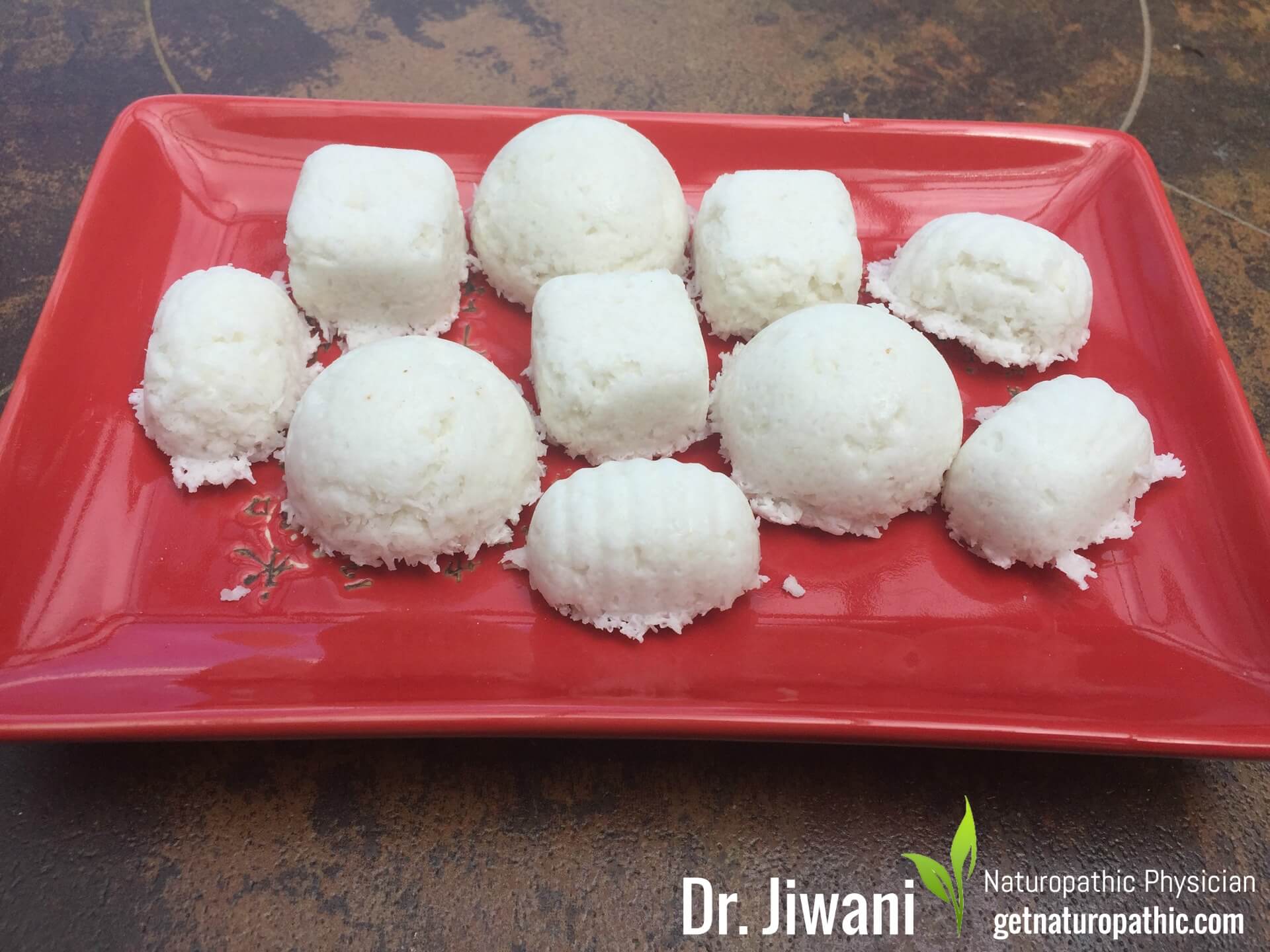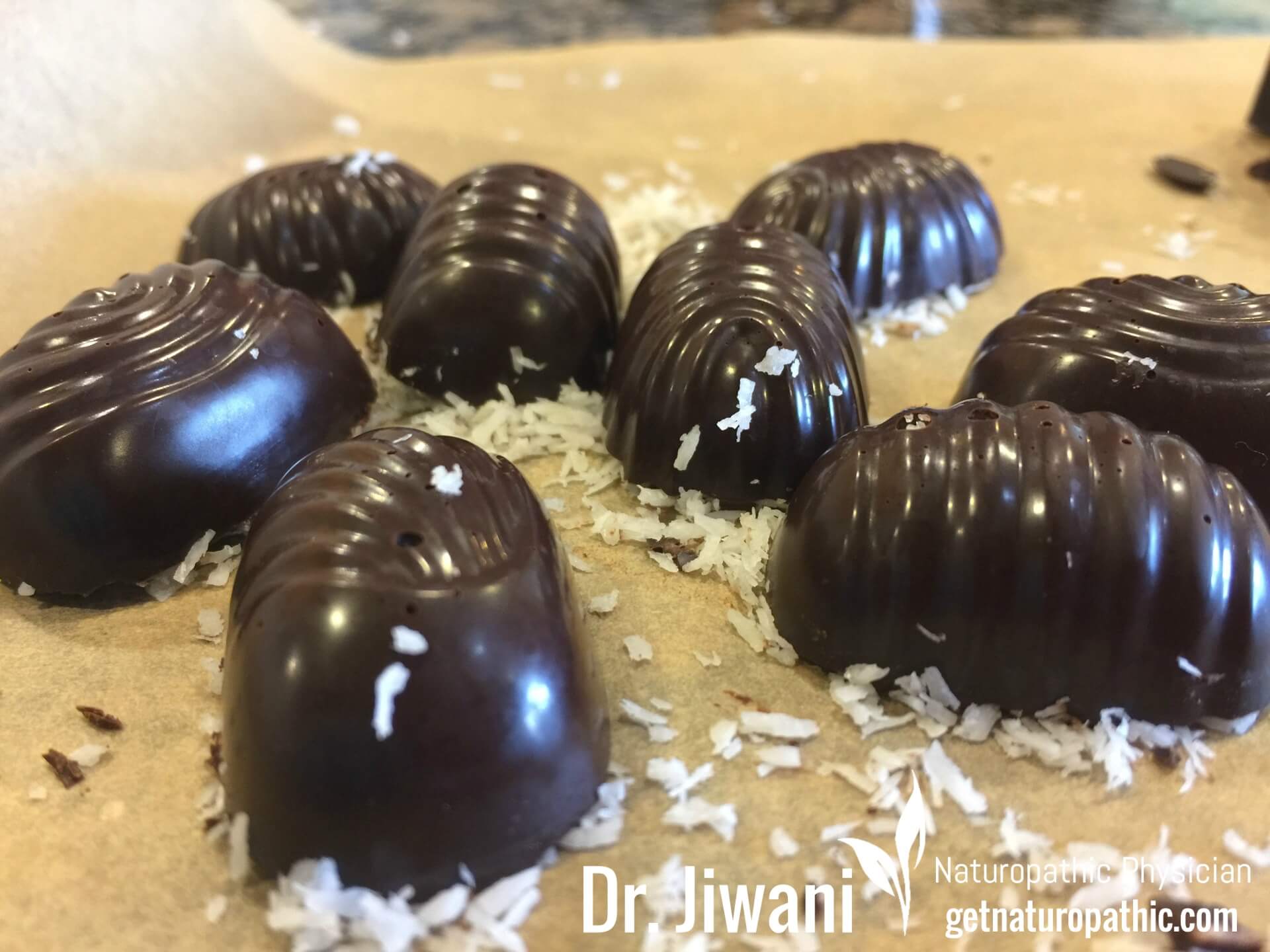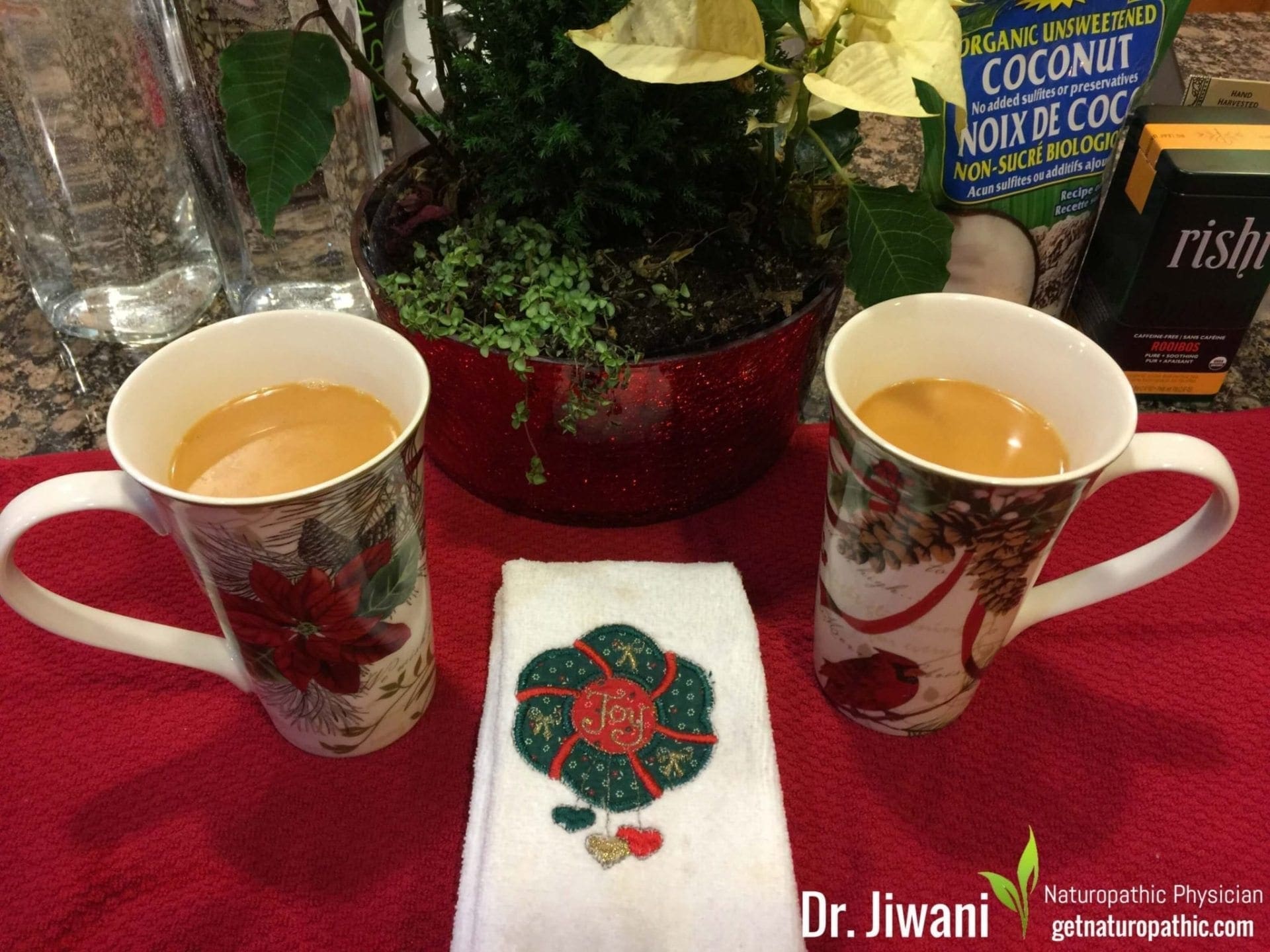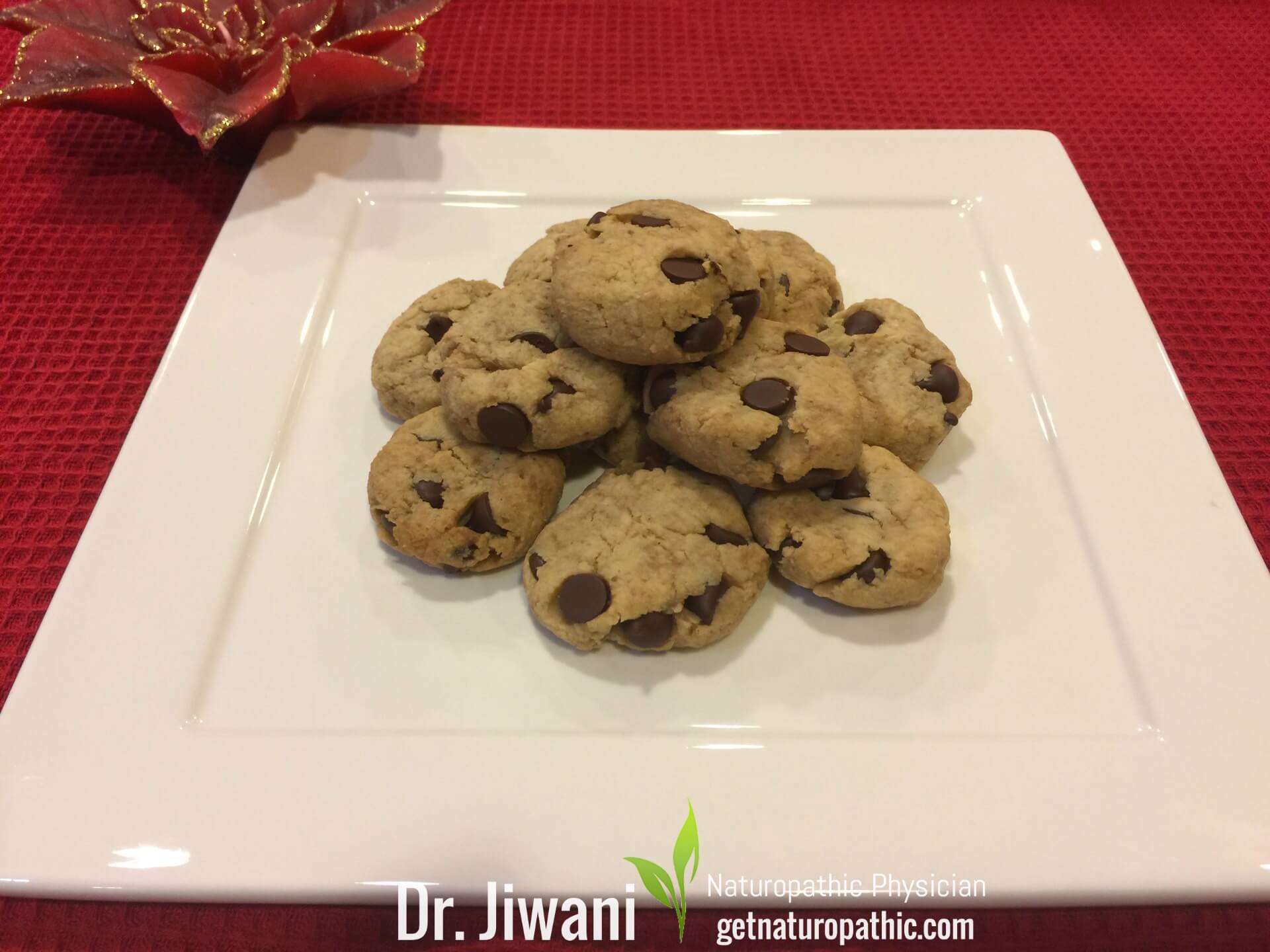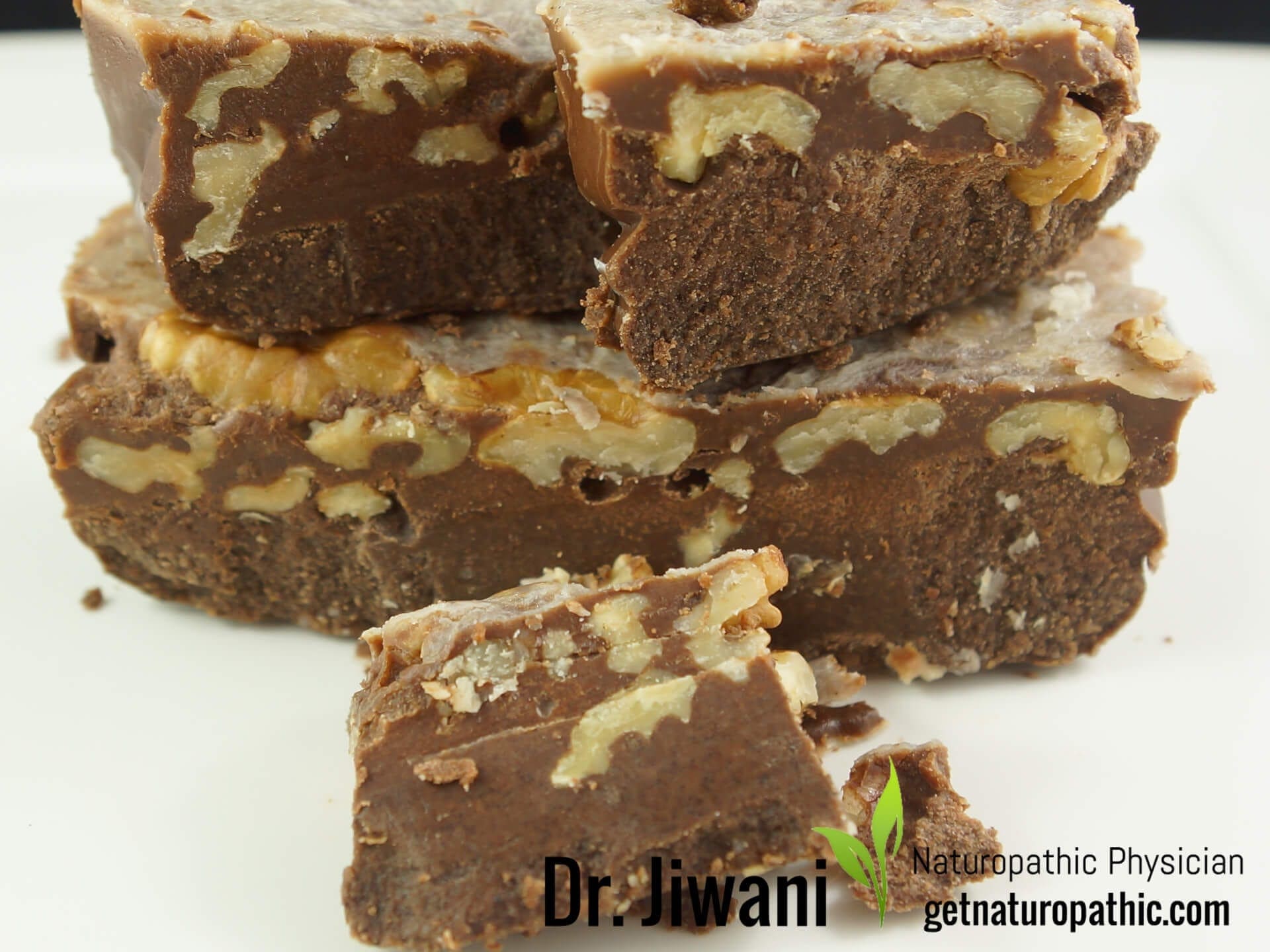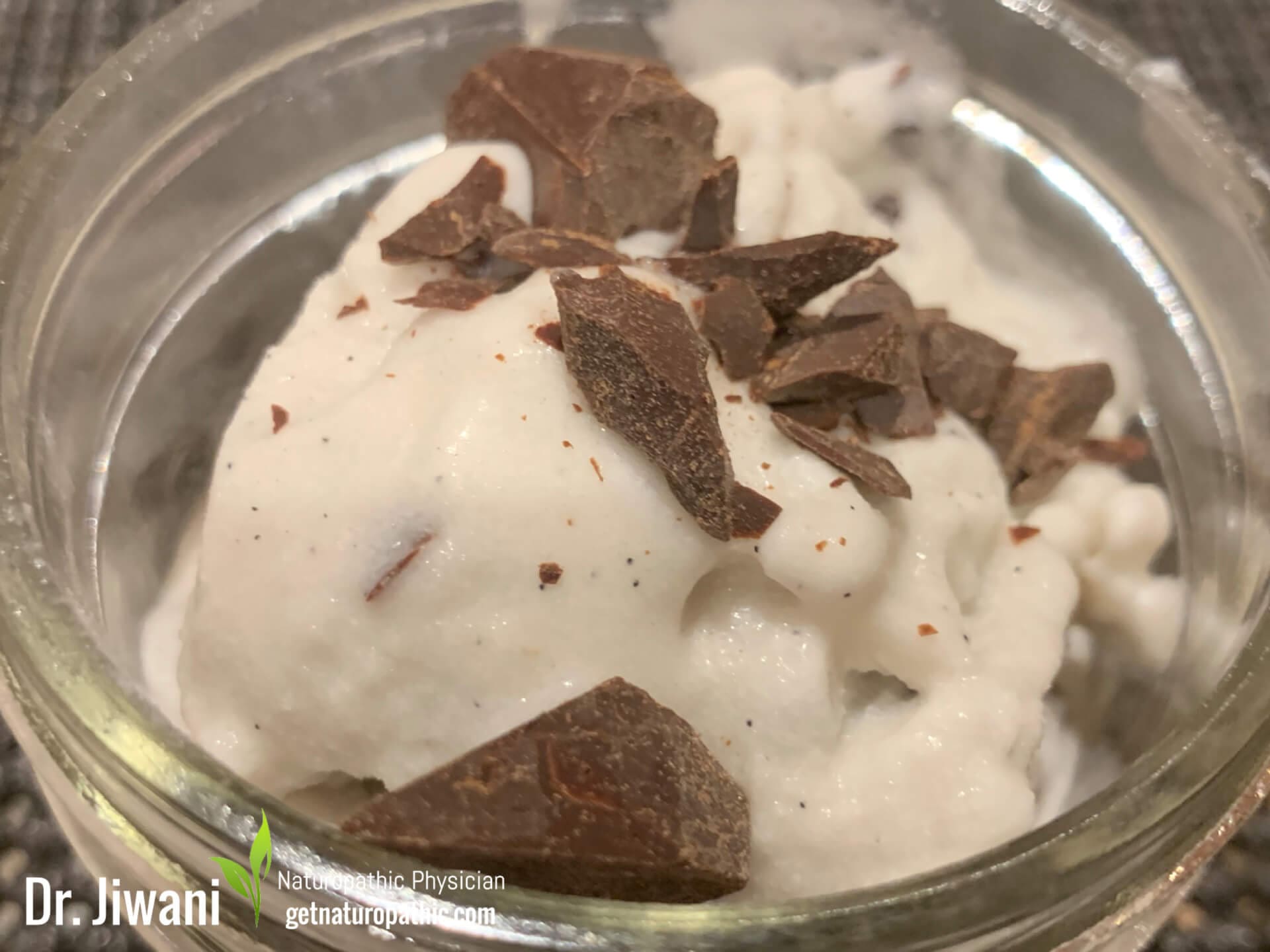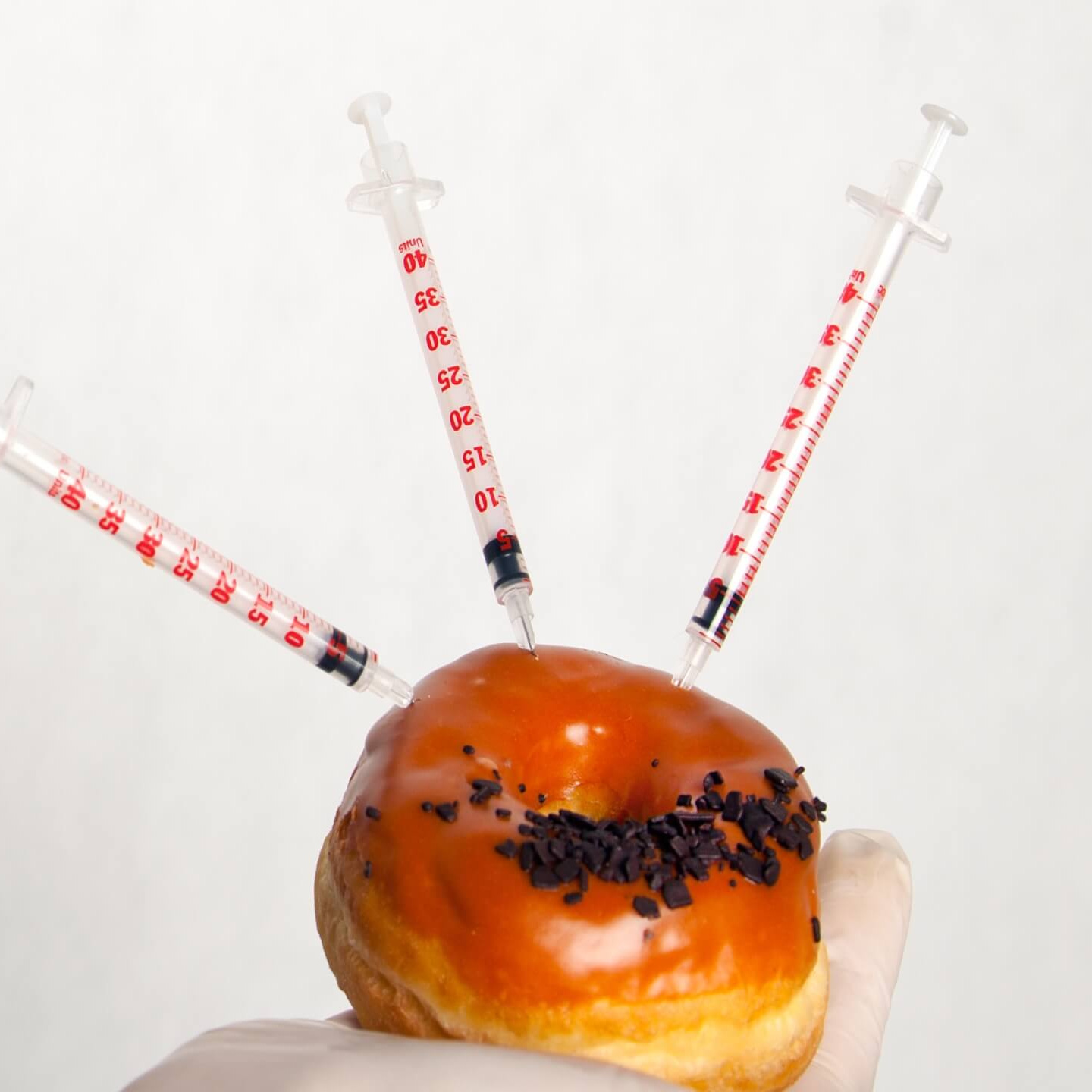Home »
Popular Posts
Do You Have Celiac Disease? Signs & Symptoms Of This Autoimmune Gluten Epidemic
Naturopathic Nuggets about Celiac Disease
- Celiac disease is a type of autoimmune disorder that causes intestinal damage from gluten
- Gluten is a sticky protein found in most grains including wheat, barley, oat, rye, kamut, millet, spelt & triticale
- Over 83% of people suffering from Celiac Disease are undiagnosed, as the symptoms are diverse & systemic
- The diagnosis of Celiac Disease is not declaring a gluten allergy but rather the autoimmune mechanism of gluten’s effect on your system
- Celiac patients may suffer from eating gluten, but what instigated the Celiac Disease was their specific, individualized food allergies
- Celiac Disease may occur after major stressors including pregnancy, childbirth, surgery, gut & viral infections and severe emotional stress
- Dysbiosis, the imbalance of gut bacteria, has found to be a risk factor for Celiac Disease
- If you suffer from any of the many diverse & systemic symptoms of Celiac Disease, please see your licensed physician to undergo diagnostic celiac testing, often covered under your health plan (MSP)
- Treatment of Celiac Disease is best done under the supervision of a licensed Naturopathic Physician, as it involves more than just avoiding gluten
May is Celiac Awareness Month. Celiac disease is a type of autoimmune disorder that causes intestinal damage from gluten. Gluten is the sticky protein in grains such as wheat, barley, oat, rye, kamut, millet, spelt & triticale. The gut inflammation from gluten causes malabsorption of nutrients including proteins, fats, carbohydrates, vitamins & minerals. Over time, these nutrient deficiencies lead to malnutrition & generalized symptoms.
Celiac Disease: A Flourishing Undiagnosed Epidemic
Celiac awareness is critical as 1% of Canadians are diagnosed with Celiac Disease. Of the three million North Americans suffering from the symptoms of Celiac Disease, approximately 83% are undiagnosed, as the symptoms are diverse, common & systemic. It is estimated that 1 in 133 Canadians may have Celiac Disease. If a relative has it, then genetics increase the likelihood of developing Celiac Disease to 1 in 22.
Gluten: An Undercover Agitator
The prevalence of Celiac Disease may have escalated due to genetically modified (GMO) forms and the omnipresence of wheat in processed foods, supplements & beauty products. Cultures that consume high amounts of gluten-containing grains also show higher incidence of Celiac Disease. In Italy, 20% of the population suffers from this type of autoimmune disease.
Celiac Disease: Autoimmune or Allergy?
It is important to understand that the diagnosis of celiac disease is not showing a gluten allergy, but rather the autoimmune mechanism of gluten’s effect on your system. It does not explain what is causing the autoimmune disease to occur in the first place. This is where your food allergies come in, as they ultimately instigate the autoimmune mechanism per your genetics. For example, a celiac patient may suffer from eating gluten, but what started the Celiac Disease was their specific, individualized food allergies. The same would apply to other types of autoimmune diseases, such as Rheumatoid Arthritis or Lupus.
Awaking The Sleeping Giant
Celiac Disease is one of many autoimmune diseases that can lie dormant in your genes. Major stresses can activate the autoimmune dysfunction, like awaking a sleeping giant. The National Institute of Diabetes, Digestive and Kidney Diseases (NIDDK) found Celiac Disease may be triggered by pregnancy, childbirth, surgery, gut & viral infections and severe emotional stress. Recent studies have found dysbiosis to be a risk factor for Celiac Disease (Girbovan et al 2017). Dybiosis is the imbalance of gut microflora, due to a lack of probiotics (good bacteria). Ultimately, food allergies are the fundamental impetus for activating autoimmune diseases.
Gut-Allergy-Autoimmune Connection
There is a paramount connection between food allergies, leaky gut syndrome and autoimmune diseases. Proper immunity towards food relies on the intestinal permeability of the gut to regulate passage of nutrients and restrict larger molecules. This regulation relies on complex physical, chemical & immune mechanisms. In predisposed individuals, when food allergies develop they cause allergic reaction & inflammation damaging the gut lining, increasing intestinal permeability. This intestinal barrier dysfunction means more allergens enter through the leaky gut, triggering more inflammation, which perpetuates the vicious cycle including the development of more food allergies, per Perrier 2011. This ultimately triggers the autoimmune mechanisms of damage. This explains why autoimmune conditions are associated with Leaky Gut Syndrome.
Gut Bacteria & Celiac Disease
Gut bacteria balance (microbiome) plays a critical role in regulating intestinal permeability per Kelly 2015. Negative microbiome changes can cause Leaky Gut Syndrome which activates autoimmune dysfunction as in Celiac Disease. Improving gut bacteria balance with probiotics (good bacteria) makes a significant difference in autoimmune dysfunction (Luckey et al 2013)
Certain diseases are recognized risk factors for Celiac Disease including:
- Addison’s Disease
- Autism
- Autoimmune Thyroid Disease
- Cancer
- Ulcerative Colitis
- Down’s Syndrome
- Rheumatoid Arthritis
- Sjogren’s Syndrome
- Turner Syndrome
- Type 1 Diabetes
- Typical Uncommon Symptoms Of Celiac Disease
Typical symptoms of Celiac Disease include fatigue, chronic diarrhea, indigestion, pale or fatty stools, irritability & anemia (iron deficiency). Actually, many celiac patients do not have any of these typical symptoms, making diagnosis difficult.
The Many Faces of Celiac Disease
The symptoms of Celiac Disease are diverse & extensive. If you have any of these symptoms, please see your licensed physician to undergo diagnostic celiac testing.
Gastrointestinal Symptoms
- Acid Reflux (GERD)
- Abdominal Pain Constipation / Diarrhea
- Bad Breath
- Gas, Bloating, Cramps
- Gum Disease (Gingivitis, Periodontitis)
- Loss of Tooth Enamel
- Mouth Sores/Ulcers
- Nausea
Hormonal Symptoms
- Chronic Fatigue
- Difficulty Getting Pregnant (Infertility)
- Dizziness/Vertigo
- Early Menopause
- Headaches / Migraines
- Heavy, Painful Periods
- Hypothyroidism
- Recurrent Miscarriages
- Weight Gain
Hair, Skin, Nail Symptoms
- Acne
- Bruising Easily
- Burning Scalp
- Dandruff
- Dark Circles Under Eyes
- Eczema (Dermatitis)
- Hair Loss
- Hives (Urticaria)
- Pale Skin
- Skin Rashes
- Weak, Brittle Nails
Heart Symptoms
- Irregular Heartbeat (Arrhythmia)
- Racing Heart
- High Blood Pressure
Mental-Emotional Symptoms
- ADD / ADHD
- Angry Easily
- Anxiety / Depression
- Brain Fog
- Irritability
- Memory Loss
- Mood Swings
- Sleep Problems
Muscle & Joint Symptoms
- Back Pain
- Burning Joint Pain
- Poor Balance
- Poor Bone Density (Osteoporosis)
- Joint Pain, Swelling, Stiffness
- Leg Cramps, Muscle Spasms
- Water Retention Hands & Feet
Immune Symptoms
- Recurrent Infections
- Bladder Infections
- Cancer
- Sinus Pain, Swelling, Headaches
Nutrient Deficiencies
- Anemia (Low Iron)
- Osteoporosis (Low Calcium & Vitamin D)
- Numbness, Tingling (Low B12)
Your Blood Has The Answer
It is common for patients & doctors to miss the possibility of Celiac Disease, due to it’s vague presentation. Thanks to technology, doctors do not need to rely on symptoms for diagnosis. A simple blood test can be done to measure elevated antibody levels to gluten (tTGA). Always make sure that your IgA antibody levels are measured also as the test is invalid if you suffer from low levels of IgA antibodies. Additionally, it is critical to consume gluten daily for at least one month for the test results to be valid. Testing when gluten-free may likely produce a potentially false negative. Please see your licensed physician for the celiac blood test as is often covered under MSP. Although some physicians will acknowledge the antibody test as definitely diagnostic, some doctors may require a small intestine biopsy to analyze the damage.
Beyond Testing: Naturopathic Treatment For Celiac Disease
Treatment is best done under the supervision of a licensed naturopathic physician, like Dr. Jiwani, and may include the following key points:
- Avoid Any & All Forms of Gluten
- Reduce Inflammation
- Heal Intestinal Damage
- Improve Gut Bacteria Balance (Dysbiosis)
- Improve Digestion
- Avoid Food Allergies
- Correct Nutrient Deficiencies
- Correct Hormonal Imbalances
- Prevent Other Manifestations of Autoimmune Diseases
The Last Bite
Many people suffer from Celiac Disease without realizing it. When left untreated, this autoimmune disorder can have devastating complications. Although the symptoms of Celiac Disease are vague, the diagnostic test is quite accurate. In this case, ignorance is not bliss and knowledge is power. Celiac patients must realize that the gluten avoidance is just the beginning of dietary modifications, as food allergies must be investigated & avoided to determine what activated the autoimmune dysfunction and to prevent other types of autoimmune diseases from developing.
Related 9 Surprising Symptoms Of Food Allergies
References
Girbovan A, Sur G, Samasca G et al. Dysbiosis a risk factor for celiac disease. Medical Microbiology and Immunology. 2017 Apr;206(2):83-91.
Kelly JR, Kennedy PJ, Cryan JF, Dinan TG, Clarke G, Hyland NP. Breaking down the barriers: the gut microbiome, intestinal permeability and stress-related psychiatric disorders. Frontiers In Cellular Neuroscience. 2015 Oct 14;9:392.
Luckey D, Gomez A, Murray J, White B, Taneja V. Bugs & us: the role of the gut in autoimmunity. Indian Journal of Medical Research. 2013 Nov 1;138(5):732.
Perrier C, Corthesy B. Gut permeability and food allergies. Clinical & Experimental Allergy. 2011 Jan 1;41(1):20-8.
This information is for educational purposes only and does not advocate self-diagnosis. Due to individual variability, consultation with a licensed health professional, such as a licensed naturopathic physician is highly recommended, prior to starting a natural treatment plan. For further information, see Terms of our Website.
Follow Dr. Jiwani
Popular Posts



